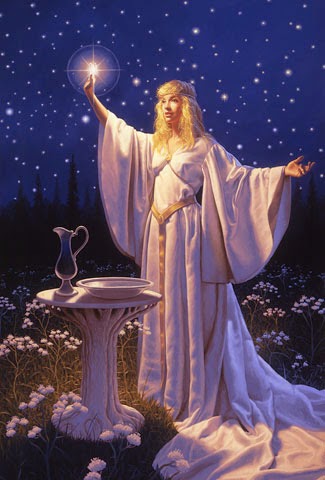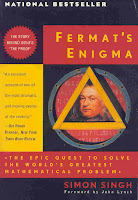A New Year Haiku and Reflection
I was in Osaka in February 2024 for a scientific conference. Since it was my first time in Japan, I allotted a few free days after the conference for sightseeing. A friend connected me with Murakami Sensei, his Japanese teacher for several years. Murakami-sensei and his wife Keiko-san graciously toured me around Kobe, where we visited several significant sights in the city and even treated me to a traditional Japanese lunch which included soba noodles and Kobe beef!
The three of us share a common passion: we are all language learners! Murakami-sensei knows English and Keiko-san is studying Spanish. As for me, I have studied Spanish for some years, but, lately, I have concentrated on studying Japanese. It was quite an experience spending a whole day talking in three languages. While it was quite mind-boggling, it definitely was a lot of fun. I can definitely say that that day I spent with Murakami-sensei and Keiko-san was the one of the highlights of my first trip to Japan.
As the new year began, I greeted Murakami Sensei:
メリークリスマス と 明けましておめでとうございます村上先生!Merry Christmas and Happy New Year Murakami-Sensei!
He replied:
Happy New Year. I wish you health and happiness. This year too we will live our lives as we wish without any regrets.
My first reaction was, "Wow, this is a really Japanese way of greeting!" This reaction may have been based on some the Japanese films I've seen. What struck me in a special way is that portion of living "our lives as we wish without any regrets." Young people nowadays may translate this to "YOLO: You Only Live Once," while classic Latin would express it as "Carpe diem!" (Seize the day!) For me, it is a reminder that we are the masters of our own lives, that our choices make us who we are. If we live our lives according to clear convictions and principles, although we may end up short of our dreams and goals, we can still hold our heads high and live without regrets. It also reminds me of the need to go 'all out' in pursuing an objective or a dream: there is no place for half-hearted efforts. If something is worth doing, then it is worth doing well. If one has done all that he can do in pursuit of an objective, then he can live without regrets, he can live without 'what-ifs.'
Then Murakami-sensei sent me this very nice picture.
Then followed his correction.
It surprised me that I broke the 5-7-5 requirement for the number of syllables per line because I made an effort to precisely follow it. Then I realized that the hiragana ん (equivalent to a 'n' following a previous syllable) always counts as one syllable. For example, 'shinnen' may sound like two syllables for a non-Japanese speaker, but it actually has four: Shi-n-ne-n!







Comments
Post a Comment